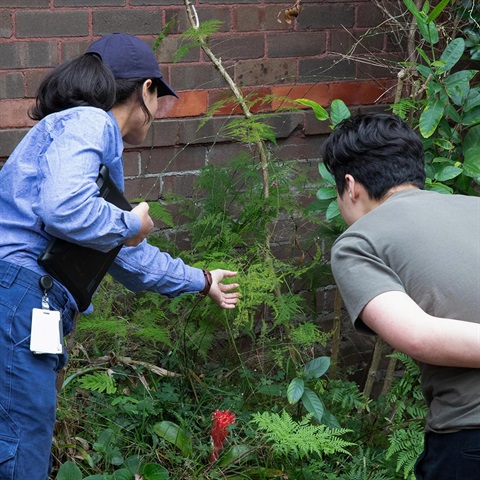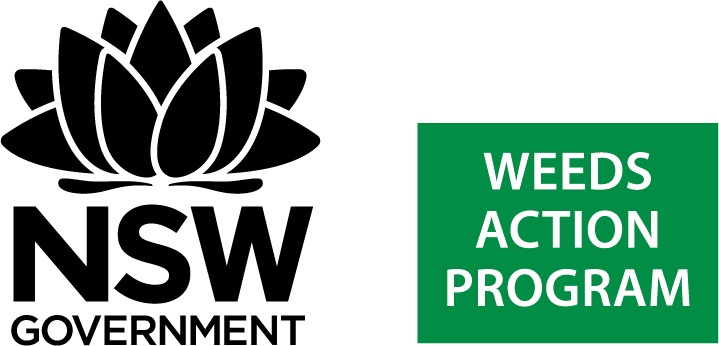How are we protecting ourselves from Priority Weeds?

The Biosecurity Act 2015 outlines a General Biosecurity Duty. What does this mean?
The general biosecurity duty supports the principle of shared responsibility. This means that everyone is doing what is reasonable for them to do to prevent, eliminate or minimise Priority Weeds.
Under the Biosecurity Act 2015, the biosecurity risks posed by all plants are assessed using a weed risk assessment. The outcome of this assessment then determines the actions need to manage the risk.
Council’s weed management focuses on achieving:
- Early detection and control of new weeds
- Restriction of weeds being sold and
- Reducing the impacts of widespread weeds within our significant bushlands
Council hopes to achieve these by:
- Building strong partnerships with all sectors (public, private, non-profit, community groups) that deal with plant matter to promote Weed Biosecurity.
- Targeting priority weeds by Regulatory Inspections and surveillance of main roads, gardening suppliers, florists and private properties to ensure compliance with the Biosecurity Act 2015.
Together, NSW Biosecurity Act 2015 (which reappealed the Noxious Weeds Act 1993), the Local Biosecurity Weeds Policy(PDF, 197KB) and the Local Priority Weed Management Plan 2019 - 2024(PDF, 2MB) provide a clear framework for protecting our border against Weed Biosecurity risks.
